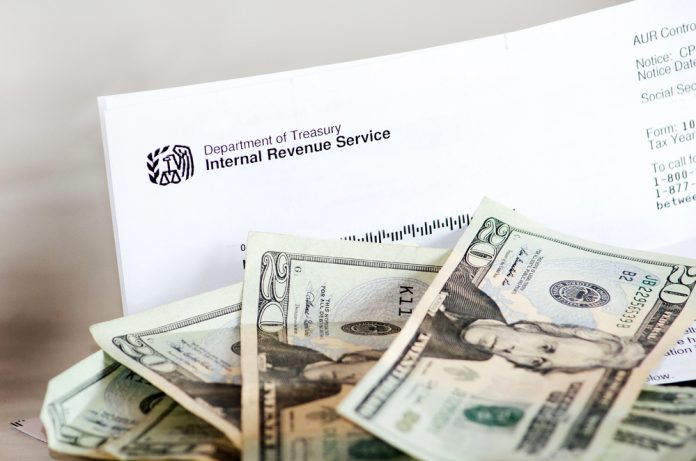
An accusation of colossal tax avoidance against the influential Silicon Six has set the stage for a potential global shift in corporate tax responsibilities and transparency.
Key Takeaways
- The Silicon Six are accused of underpaying $278 billion in corporate taxes over the past decade.
- The Fair Tax Foundation claims these companies engage in strategies reducing their tax rate below the average for US firms.
- Netflix had the lowest tax rate among the six, while Microsoft’s was the highest.
- Amazon disputed these figures by highlighting its global investments and adherence to tax laws.
- Discussions involve trade-offs between tax cuts for these tech giants and lower tariffs on UK exports to the USA.
The Allegations by Fair Tax Foundation
The Fair Tax Foundation (FTF) has leveled significant accusations against the “Silicon Six”–Amazon, Meta, Alphabet, Netflix, Apple, and Microsoft. Collectively, they allegedly avoided $278 billion in taxes by paying an average tax rate of 18.8% instead of the anticipated 29.7% typical of major US corporations. Their corporate operations include intricate tax strategies, predominantly profit shifting, leading to an extensive public scrutiny over their tax conduct.
With $11 trillion in revenue and $2.5 trillion in profits over the past decade, these conglomerates crafted tax strategies to significantly reduce their fiscal liabilities. Excluding one-time repatriation tax payments, the effective tax rate further plummets to 16.1%. Industry analysis suggests their actual tax contributions are even lower due to contingencies for taxes they anticipated evading.
Corporate Strategies and Influence
FTF’s CEO, Paul Monaghan, asserts that tax avoidance is woven into the very fabric of the Silicon Six’s business models. “Our analysis would indicate that tax avoidance continues to be hardwired into corporate structures,” he stated, noting that their tax contributions are below those in other sectors like banking and energy. Critics argue these corporations wield substantial influence through lobbying, exemplified by tech executives’ involvement in events like Donald Trump’s second inauguration.
“Our analysis would indicate that tax avoidance continues to be hardwired into corporate structures. The Silicon Six’s corporate income tax contributions are, in percentage terms, way below what sectors such as banking and energy are paying in many parts of the world,” saidl Monaghan.
Reports suggest discussions with the UK have explored granting significant US tax cuts for these firms in exchange for reduced tariffs on UK exports. A pivotal factor is a tax break for foreign-derived intangible income, allowing profits to be booked in low-tax jurisdictions. The disparity is evident within the Silicon Six, as companies like Netflix paid as little as 14.7%, while Microsoft paid 20.4%.
Responses and Rebuttals
Amid criticism, an Amazon spokesperson emphasized their compliance with tax laws, citing major investments and low profit margins as factors for their lower tax rate. “Governments write the tax laws and Amazon is doing the very thing these laws encourage companies to do – paying all taxes due while also investing billions in creating jobs and infrastructure,” the spokesperson commented.
“Governments write the tax laws and Amazon is doing the very thing these laws encourage companies to do – paying all taxes due while also investing billions in creating jobs and infrastructure. Since 2010, we have invested more than $1.2tn in the US and over €250bn (£215bn) in Europe. Coupled with low margins, this investment will naturally result in a lower cash tax rate, particularly when measured as a percentage of revenue,” stated an Amazon spokesperson.
Meta also insisted it adheres rigorously to tax rules globally. A Meta spokesperson stated, “We follow international and local tax rules, ensuring that we pay all taxes required in each of the countries where we operate.”




